Some say you can trace the origins of hip hop to a single room in New York City on 11 August 1973. At 1520 Sedgwick Avenue in the Bronx, the Jamaican-American DJ Kool Herc threw a party
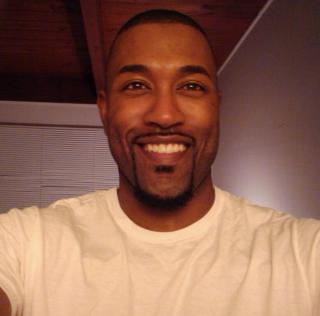

Some say you can trace the origins of hip hop to a single room in New York City on 11 August 1973. At 1520 Sedgwick Avenue in the Bronx, the Jamaican-American DJ Kool Herc threw a party
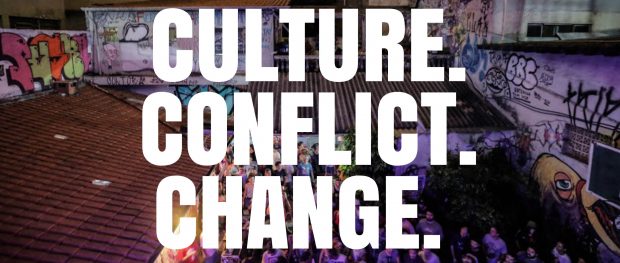
A conference followed by a day of performance to consider hip hop’s role in revolutionary social, political and economic movements across the world.
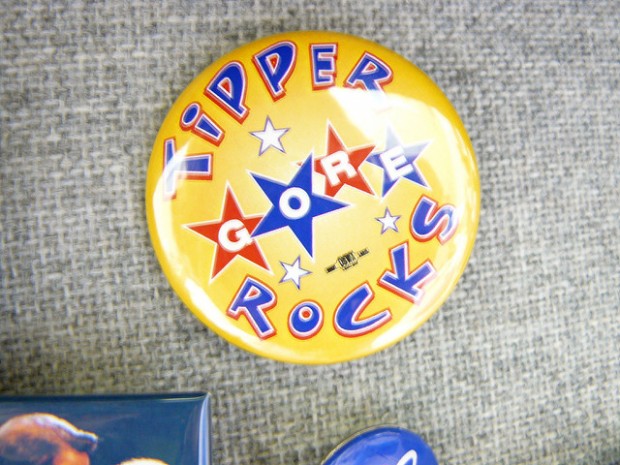
In the late 1980s, US author and activist Mary Elizabeth “Tipper” Gore claimed, in an interview with the Los Angeles Times, that she was not a “raunchy, inflexible prude”.
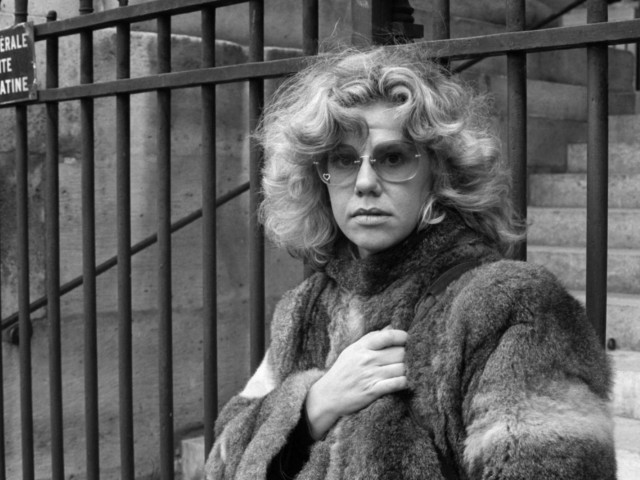
Erica Jong, who shocked readers with her novel about women’s sexuality in the 1970s, explains why she’s ready to do it again
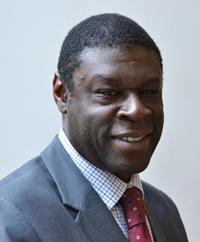
Ahead of the Battle of Ideas 2015, film historian Kunle Olulode explores why Birth of a Nation is no ordinary film
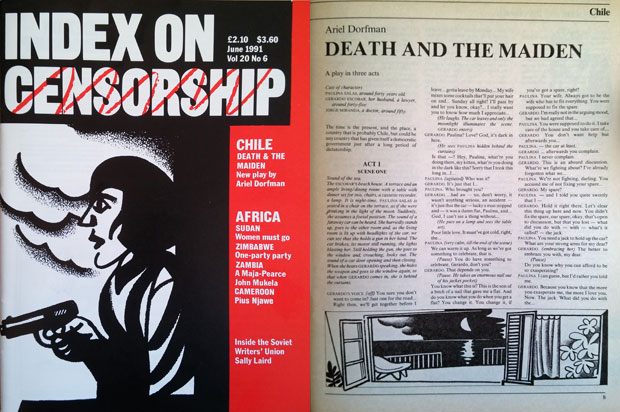
Parents and students at a high school in New Jersey have launched a petition to have books, including the play Death and the Maiden by Chilean playwright
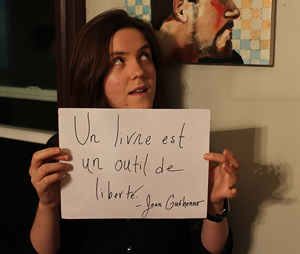
Index on Censorship youth advisory board member Muira McCammon discusses linguistic isolation at Guantanamo Bay
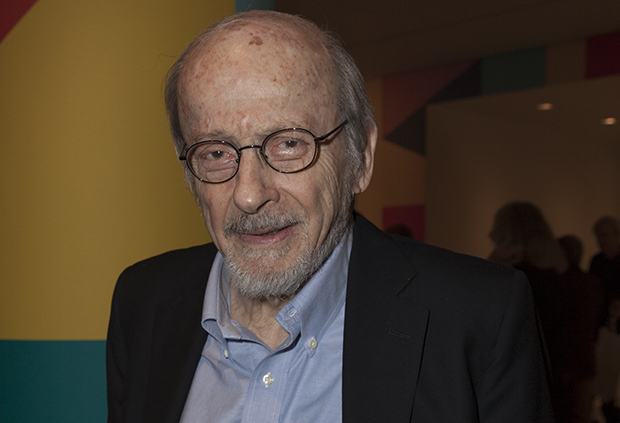
Edgar Lawrence Doctorow, a supporter of Index on Censorship, passed away on 21 July 2015 at 84.
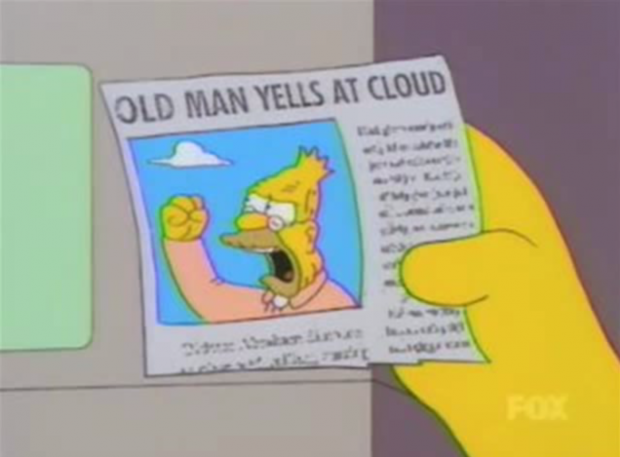
Every so often (roughly generationally) there are upheavals in mores and language. We’re on that cusp now.

Following Edward Snowden’s revelations outlining the capabilities of intelligence agencies to monitor private online communications journalists are confronting a moment of hesitation.
Smears about the media made by US President Donald Trump have obscured a wider problem with press freedom in the United States: namely widespread and low-level animosity that feeds into the everyday working lives of the nation’s journalists, bloggers and media professionals. This study examines documented reports from across the country in the six months leading up to the presidential inauguration and the months after. It clearly shows that threats to US press freedom go well beyond the Oval Office.
“Animosity toward the press comes in many forms. Journalists are targeted in several ways: from social media trolling to harassment by law enforcement to over-the-top public criticism by those in the highest office. The negative atmosphere for journalists is damaging for the public and their right to information,” said Jodie Ginsberg, CEO at Index on Censorship, which documented the cases using an approach undertaken by the organization to monitor press freedom in Europe over the past three years. Learn more.